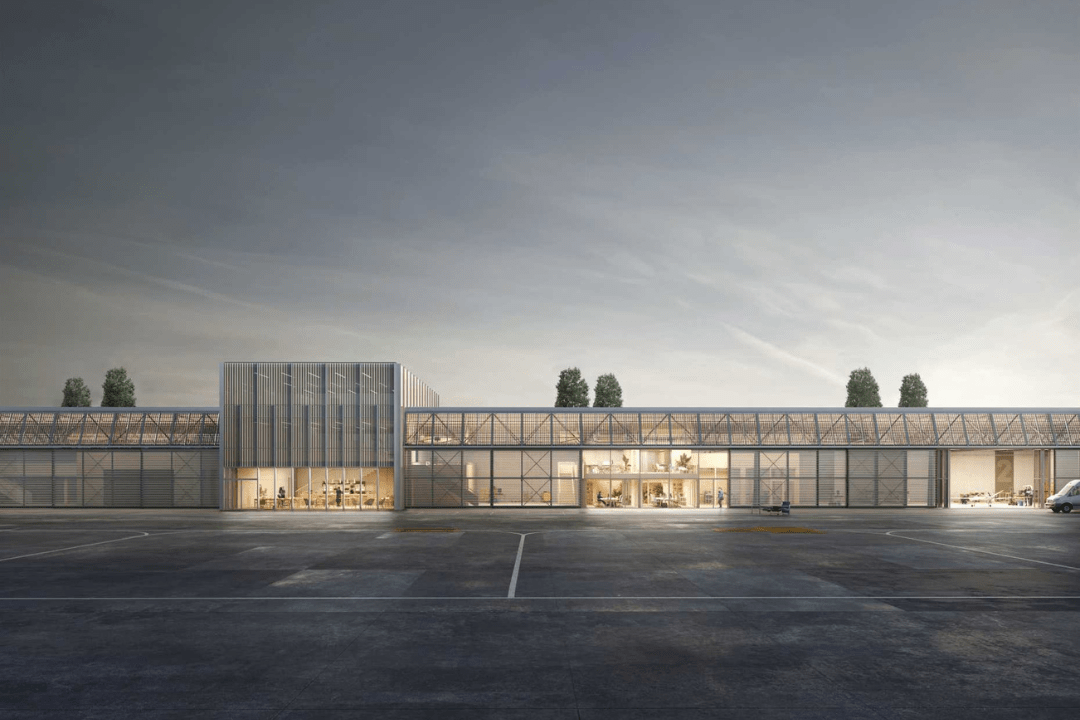
Key benefits for industry and economy
- Cost reduction: Starship has the potential to lower space access costs by up to 20x, making space exploration and commercialization more accessible to smaller entities.
- New industrial revolution: The capacity to ship more cargo paves the way for revolutionizing industries like life sciences and advanced manufacturing through microgravity research.
- Global innovation: Access to space is increasingly democratized, encouraging collaboration on a global scale and propelling technological advancements across various sectors.
Professor Ullrich, it's a pleasure to have you with us. The recent test flight of SpaceX’s Starship has garnered significant attention worldwide. Can you elaborate on the significance of Starship in the context of space exploration and commercialization?
Absolutely, and thank you for having me. The Starship represents a monumental leap in space technology, not only because of its sheer size and capabilities but also due to its potential to dramatically lower the cost of accessing space. Its ability to carry up to 150 tons of cargo to orbit and its full reusability can open the doors to the space economy for smaller companies and countries by reducing costs by an estimated twentyfold. With the starship, transportation to low Earth orbit could cost hardly more than an overseas express shipment one day.
SpaceX's approach to development is quite unique with its iterative prototyping and learning from each test flight. How does this method compare to traditional models used by space agencies?
SpaceX’s approach, which can be summarized as 'fly, fail, fix, and fly again', diverges significantly from the linear phase models traditionally used by agencies like NASA and ESA. This iterative integrative prototyping, coupled with extensive data analysis from each launch, has allowed SpaceX to rapidly improve and evolve its designs. This has proven effective, as evidenced by the steep learning curve and the decreasing number of corrective measures needed after each test flight.

The media response to SpaceX’s test flights has been quite polarized, particularly between American and German-speaking media. Why do you think there is such a difference in reception?
Within 20 years, SpaceX has managed to develop a fully reusable rocket system from scratch and put it into routine operation. That was a revolution. And it was urgently needed. Nobody would think of throwing away an airplane after the first flight. Elon Musk was laughed at for his re-use concept 20 years ago, even by the ESA. The same thing is happening again today. The difference in media reception likely stems from varying cultural attitudes towards failure and innovation. American media, aligned with SpaceX's 'fail forward' philosophy, celebrates the huge progress made with each test. Conversely, the German-speaking media's skepticism reflects a totally conservative viewpoint on technological development and failure. It’s crucial to understand that each failure in this context is not a setback but a step forward in learning and refining the technology. We Europeans should first learn modesty, and then learn for ourselves before criticizing others. While in recent years the U.S. has established a fully reusable, cost-effective and reliable orbital transportation system with Space X's Falcon 9, which is now launched several times a week, we Europeans are still deep in the old space era. We don't even have a launcher at the moment, until the Ariane 6 will perhaps be ready at the end of this year.
Beyond its technological marvels, Starship is seen as a catalyst for the commercial use of space. What does this mean for industries and economies?
Starship is poised to kickstart a new industrial revolution in space. The significant reduction in cargo costs to orbit will enable the development of commercial space stations, providing industries and researchers with unprecedented access to space environments. This will likely spur innovation in manufacturing processes, biotechnology, medicine, and materials science, utilizing the unique conditions of microgravity for research and production that aren't possible on Earth.

How will the Greater Zurich Area, and more broadly, the global community benefit from these advancements in space technology and economics?
The Starship program’s success opens up vast opportunities for the Greater Zurich Area and beyond. We envision leveraging these technological advancements to boost local industry and innovation. By integrating space technologies into our economic fabric, we aim to attract cutting-edge research and foster collaborations that will position Zurich as a key player in the space economy. The global community stands to benefit from the democratization of space access, enabling a broader participation in space-based research and commercial ventures.
As the director of the Space Hub at the University of Zurich, how do you see the role of academic institutions in this new era of space exploration?
Academic institutions have a pivotal role to play. They are not only centers for research and development but also for education and policy advocacy. Through initiatives like the UZH Space Hub, universities can bridge the gap between theoretical knowledge and practical application, preparing the next generation of scientists, engineers, and entrepreneurs. Moreover, we can provide the ethical and policy frameworks necessary for sustainable and responsible space exploration and utilization.
Switzerland Innovation Park Zurich
Switzerland Innovation Park Zurich
The Switzerland Innovation Park Zurich in Dübendorf creates an environment that supports innovation and strengthens the connection between science and industry, ensuring Zurich remains a competitive hub for technological advancements. It focuses on robotics & mobility, aerospace, and production technologies, utilizing Zurich's unique tech capabilities to address future challenges.
Are you excited about the UZH Space Hub moving to the Innovation Park in Dübendorf?
Absolutely! The Innovation Park in Dübendorf is set to be a prime location for research, development, and innovation. The UZH Space Hub recently moved into Hangar 4 and we're very enthusiastic about. It's a strategic step towards creating a central hub for space and aviation technology, welcoming established industry leaders, SMEs, and innovative startups. We're excited about the possibilities this move opens up for collaboration and advancement in the field. An innovation park with an airfield, embedded in the strongest economic region in Switzerland, with the world's best universities and great talent, driven by a liberal and entrepreneur-friendly culture and first-class infrastructure is a shining star in the center of Europe. We must use this opportunity! It’s not an option, we owe it to our next generation, who will grow up with Space as we do with the internet today. This is what I live and work for.
Professor Ullrich, thank you for sharing your insights. It’s clear that we are just at the dawn of a new era in space exploration, and its impact will be felt across industries, nations, and disciplines for decades to come.
Thank you. The future is indeed promising, and we are just scratching the surface of what’s possible in space. We’re at the beginning of a new industrial revolution, and it’s an exciting time to be part of this adventure.
About Prof. Oliver Ullrich
Oliver Ullrich, Full Professor and Chair of Anatomy / Gravitational Biology and Cell Biomechanics at University of Zurich, is renowned for his contributions to space research, including ISS experiments. In 2023, he received the Life Sciences Award from the International Academy of Astronautics for his innovative research in space life sciences.
Downloads
Discover the key reasons why the Greater Zurich Area is the world's leading innovation hub.
Learn more about the advantages of doing business in the Greater Zurich Area.
This PDF outlines why Greater Zurich is a top location for European business expansion
Meet with an expansion expert
Our services are free of charge and include:
- Introduction to key contacts in industry, academia, and government
- Advice on regulatory framework, taxes, labor, market, and setting up a company
- Custom-made fact-finding visits, including office and co-working space






